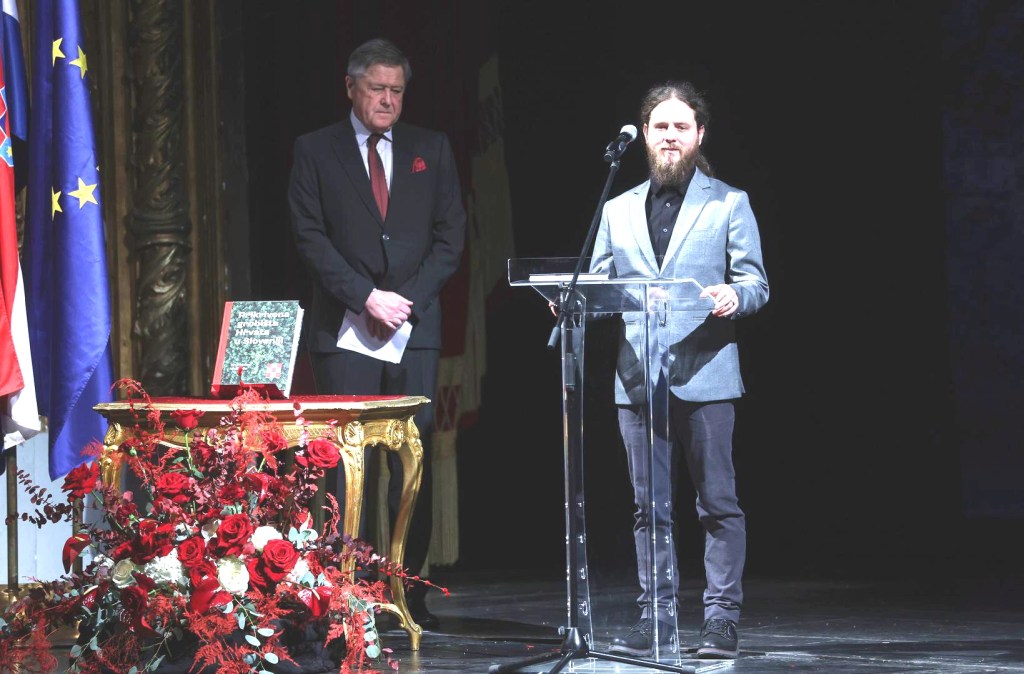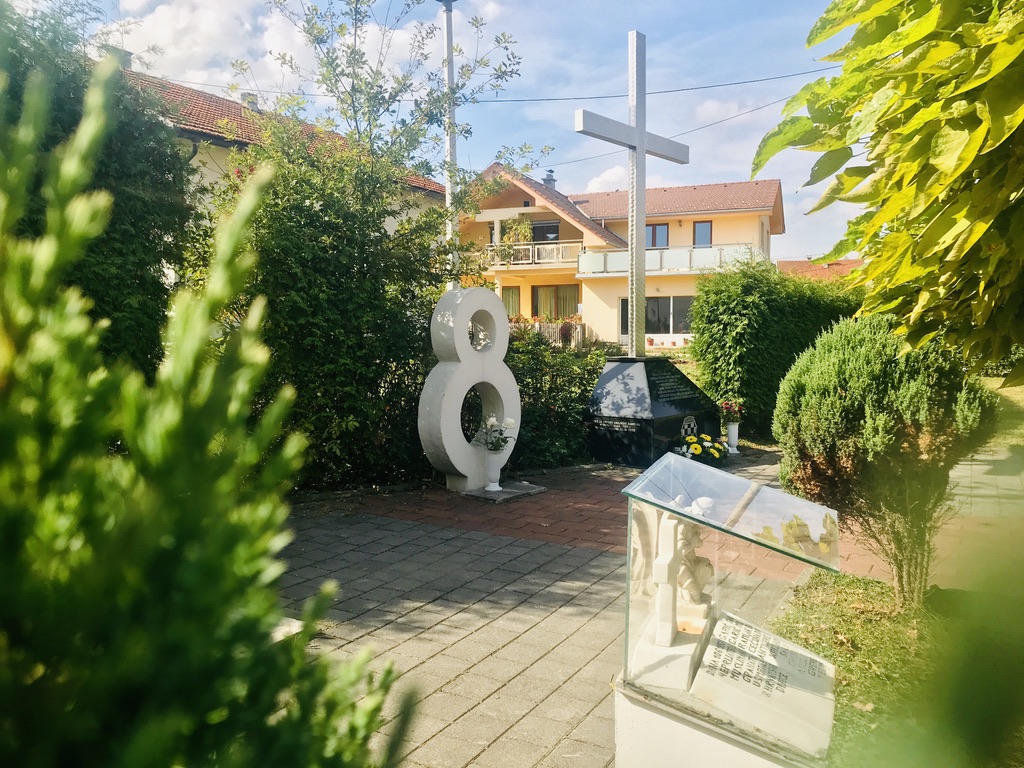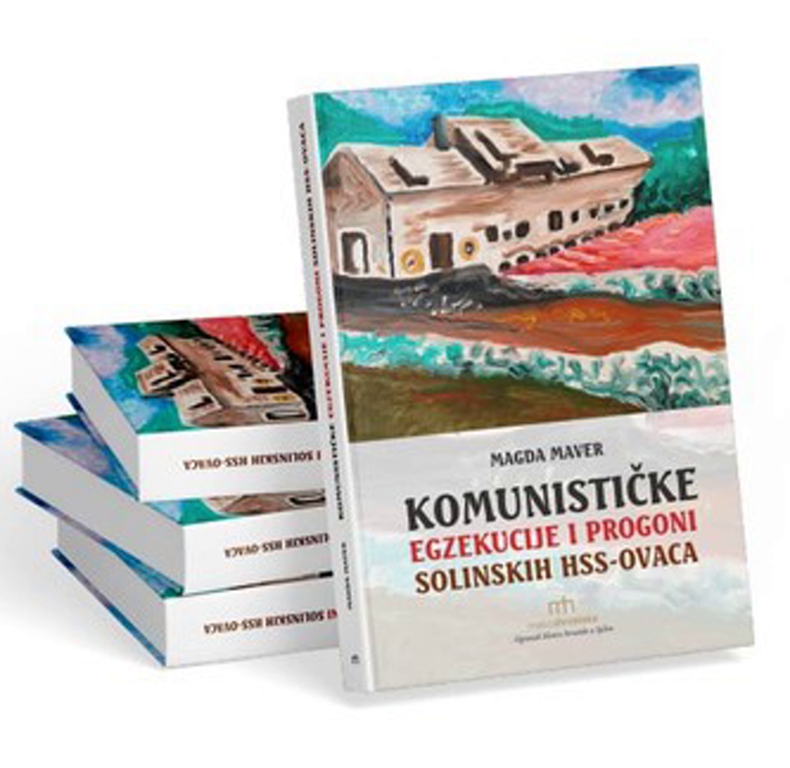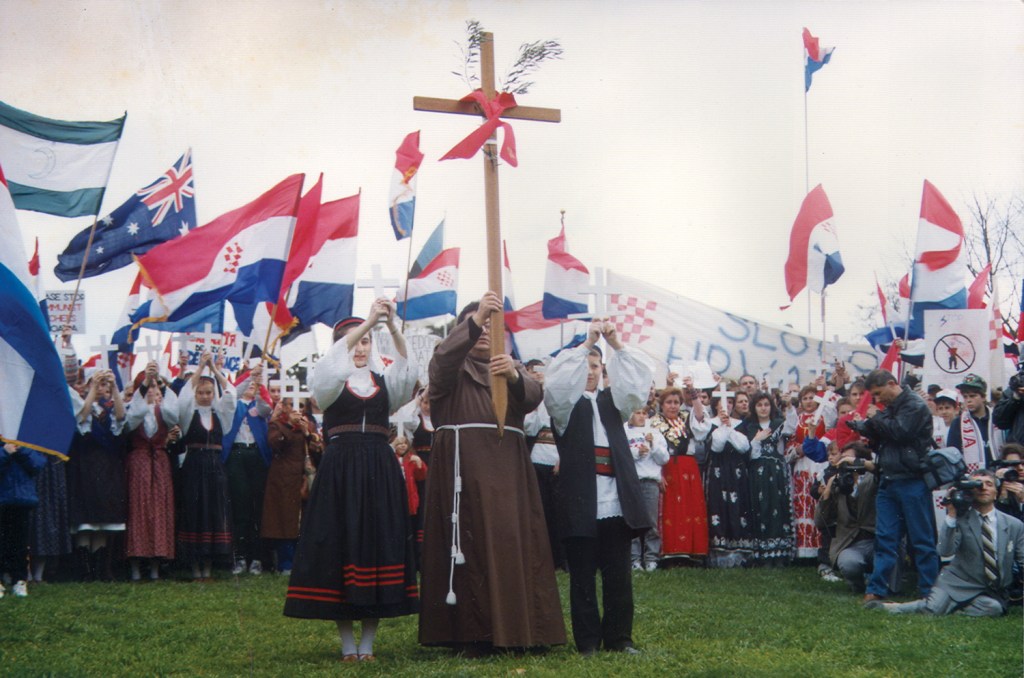November 29, 2012
KUHNER: Croatia’s triumph
By Jeffrey T. Kuhner
Croatia’s national independence finally has been secured. This is the real meaning of the recent ruling by the U.N. war crimes court in The Hague to overturn the conviction of Croatian Gen. Ante Gotovina. Last year, the U.N. court convicted Gen. Gotovina, along with junior Croatian Gen. Mladen Markac, of responsibility for war crimes in the 1995 military operation that led to the recapture of territory seized by rebel ethnic Serbs. The tribunal’s appeal judges, however, in a 3-2 decision last week ruled that both men are innocent. The court’s chief justice called it the “final verdict.” Croatia has rightly cheered the decision.
Gen. Gotovina embodies Croatia’s struggle for independence. In 1991, the bloody breakup of Yugoslavia triggered a Croatian-Serbian war. Backed by the Yugoslav army and Serbian strongman Slobodan Milosevic, Serb rebels waged a brutal campaign of aggression against Croatia and, later, Bosnia. Milosevic’s goal was clear: genocide. His Serb marauders annexed nearly one-third of Croatia’s territory, killed nearly 20,000 people and ethnically cleansed the land of more than 200,000 civilians. Entire cities, such as Vukovar, were razed to the ground.
In Bosnia, Milosevic’s forces did even more damage. They systematically slaughtered hundreds of thousands of Bosnians and Croats, seized almost 70 percent of Bosnian land, expelled almost 2 million people and erected a vast network of mass graves and concentration camps. Milosevic’s aim was to forge an ethnically pure Greater Serbian empire, stretching from the Danube to the Adriatic.
By the summer of 1995, he was on the verge of achieving his neofascist, imperialist project. Yet, led by Gen. Gotovina’s forces and supported by the United States, the Croatian government launched a lightning military offensive known as Operation Storm. The offensive restored Croatia’s territorial integrity. It dealt a decisive blow to Milosevic’s dream of a Greater Serbia. Gen. Gotovina’s army liberated Croatian lands. Moreover, the army swept into neighboring Bosnia, freeing the besieged pocket of Bihac from a Srebrenica-style massacre, and then rolling back Bosnian Serb forces. Gen. Gotovina’s actions effectively smashed Belgrade’s campaign of mass killings and ethnic cleansing. No one – neither the European Union, the United Nations nor NATO – did more to end the savage fighting in Croatia and Bosnia than Gen. Gotovina. Rather than being a war criminal, he is a great Croatian patriot and hero.
His crime, however, in the eyes of Belgrade and prosecutors at The Hague, is that he played a pivotal role in achieving Croatia’s hard-won independence. From its inception, Serb-dominated Yugoslavia was a repressive, synthetic state. Its captive people, especially the Croats, hungered to be free of Belgrade’s iron grip. Hence, the dissolution of Yugoslavia was not only inevitable but also signified a major victory for democracy and national self-determination. Yet, for the Serbs, this meant the loss of imperial prestige, regional hegemony and the benefits of economic exploitation. Hence, for decades, their aim was to cripple Croatian nationalism by presenting it as illegitimate.
This is why Belgrade feverishly lobbied The Hague tribunal to go after Gen. Gotovina and demonize Operation Storm. U.N. prosecutors took the bait. They sought to equalize guilt on all sides of the conflict by attempting to criminalize the Croatian military offensive. They charged that Operation Storm expelled nearly 200,000 Serbs and killed hundreds more in a deliberate effort to ethnically cleanse Croatia. In other words, the U.N. prosecution sought to transform Croatians from victims to aggressors, thereby entrenching the notion that Croatia was founded upon war crimes. The Gotovina case threatened to undermine Zagreb’s national sovereignty, the security of its borders and its international legitimacy. Serb revanchists were hoping to use the Gotovina conviction as a pretext to restore a Greater Serbia – although through legal means instead of military force.
The prosecutors were wrong – and obviously so – on almost every point. It is a matter of record that Croatia’s Serbian population fled prior to the onslaught of Operation Storm. Days before the offensive, Milosevic’s regime ordered the Serb rebels to evacuate in the face of overwhelming Croatian military might. The Serb strongman realized he no longer could hold on to large chunks of Croatia. He directed that Croatia’s ethnic Serbs be dispersed to Bosnia and Kosovo, hoping to consolidate his strategic gains. Therefore, Gen. Gotovina’s army could not have committed ethnic cleansing because that was done at the behest and direction of Belgrade. As for the slaughter of hundreds of Serb civilians, most of those crimes were carried out by vengeful Croats after Croatian forces left the recovered areas and entered into Bosnia. Zagreb has successfully prosecuted numerous cases against guilty Croatians.
Gen. Gotovina’s acquittal is ultimately a political watershed in the Balkans. For more than 10 years, I have argued that he is an innocent man who was a victim of a judicial witch hunt. I have been vindicated. More important, he has been vindicated. The trumped-up charges against him were laughable. Yet he was betrayed by the politicians in Zagreb – on the left and the right – in a craven attempt to appease Brussels and Washington, and sold down the river to languish for years in a Dutch prison. He is a martyr for the Croatian cause.
His victory also vindicates the country’s war for independence, which achieved Croatia’s historic quest to escape subjugation. Hungarians, Venetians, Austrians, Ottoman Turks and the Serbs all have ruled Croatia as imperial masters. No longer. From the rubble of the Balkan wars, a Croatian nation was born. Its territory is now secure. Its borders cemented. Its people free to determine their own destiny. Croatia’s triumph is complete.
Jeffrey T. Kuhner is a columnist and editorial writer at The Washington Times. He also hosts “The Kuhner Report” from 6-9 a.m. and 11 a.m.-noon EST on AM-680 WRKO (www.wrko.com) in Boston.
Licensed from The Washington Times for republication in Croatia, the War, and the Future
© The Washington Times. All rights reserved. Licensed by Ina Vukic for 1001 estimated copies in circulation on November 30, 2012 . You may forward this article or obtain additional permissions at the following iCopyright license record and renewal locator: http://license.icopyright.net/3.7280-59550. The Washington Times, LLC and The Washington Times logos are registered trademarks of The Washington Times, LLC. The iCopyright logo is a registered trademark of iCopyright, Inc.









Leave a reply to inavukic Cancel reply